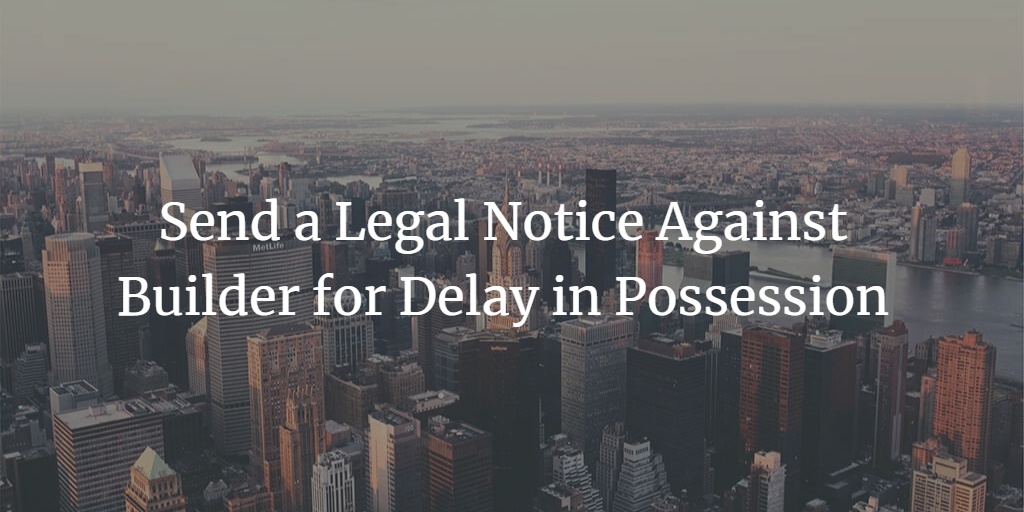9 Tips: How to Send a Legal Notice Against Builder for Delay in Possession?

Table of Contents
Gather Necessary Documents
Consult a Lawyer
Draft the Legal Notice
Mention Specific Grievances
Include Relevant Provisions
Set a Deadline
Send the Notice via Registered Post
Retain a Copy
Be Prepared for Further Action
1. Gather Necessary Documents
Collect all relevant documents, including the builder-buyer agreement, payment receipts, and any correspondence with the builder regarding the delay.
2. Consult a Lawyer
Seek the assistance of an experienced lawyer who specializes in property disputes. They can help you understand your legal rights and guide you through the process of sending a legal notice.
3. Draft the Legal Notice
The lawyer will draft the legal notice on your behalf, clearly outlining your grievances, legal rights, and the builder's obligations.
4. Mention Specific Grievances
Ensure that the legal notice clearly states the specific issues you have faced, such as delay in possession, deficiency in service, or breach of contract.
5. Include Relevant Provisions
The legal notice should mention the applicable legal provisions under the Indian Contract Act, 1872, the Real Estate (Regulation and Development) Act, 2016, or any other relevant laws.
6. Set a Deadline
Specify a reasonable deadline for the builder to respond to the notice, rectify the issues, and deliver the possession of the property.
7. Send the Notice via Registered Post
Send the legal notice through registered post with acknowledgment due (AD) to ensure proof of delivery.
8. Retain a Copy
Keep a copy of the legal notice and the postal receipts for your records, as they may be needed for future legal proceedings.
9. Be Prepared for Further Action
If the builder does not respond within the stipulated deadline or fails to address the issues, be prepared to take further legal action, such as filing a complaint with the appropriate authority or approaching the court.
By following these tips, you can effectively send a legal notice against a builder for delay in possession. It is always advisable to consult a lawyer to ensure that your legal rights are protected and the process is carried out correctly.


